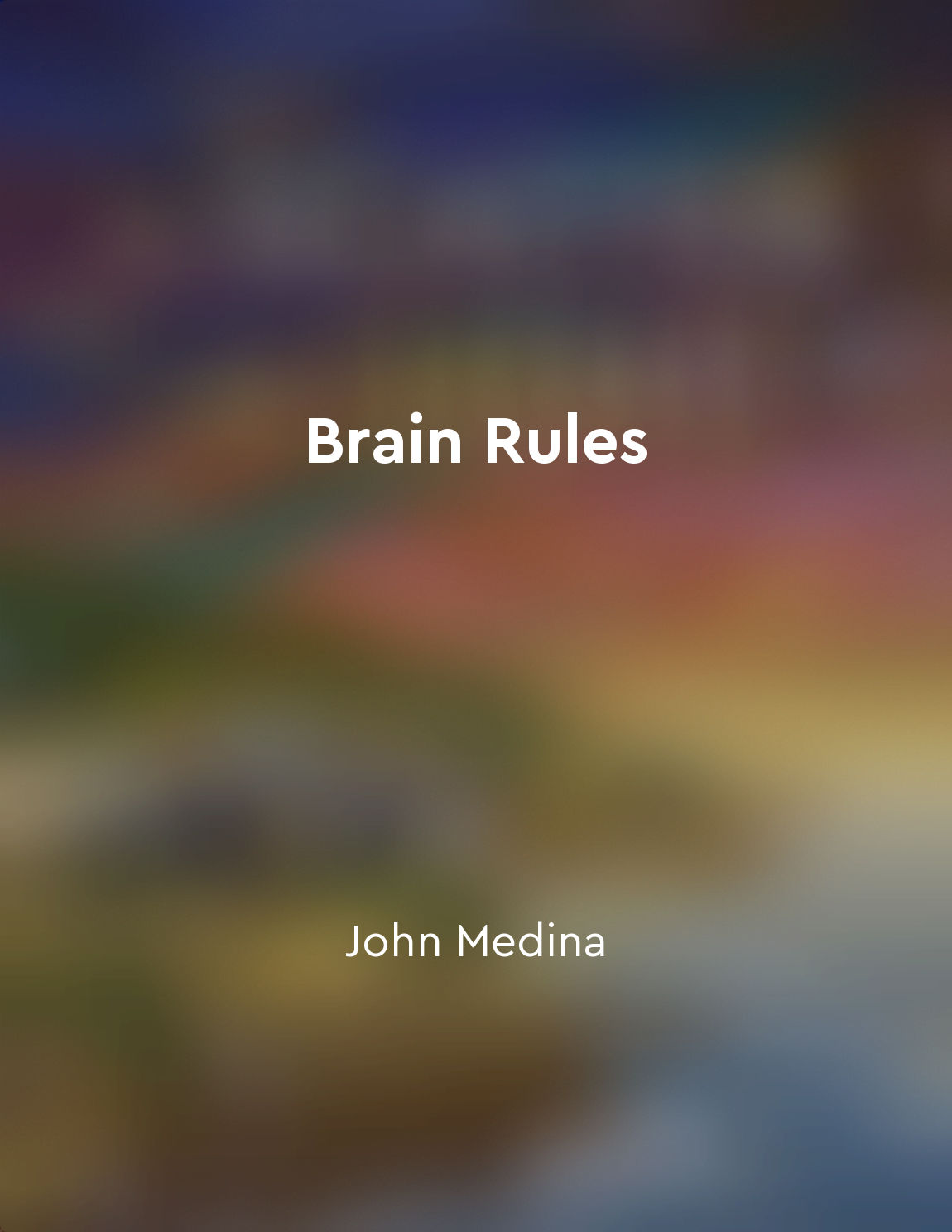Dopamine fluctuations can influence mood and motivation from "summary" of Cupid's Poisoned Arrow by Marnia Robinson
Dopamine is a neurotransmitter that plays a crucial role in our brain's reward system. It is released in response to pleasurable experiences, such as eating delicious food or engaging in sexual activity. However, this neurotransmitter can also fluctuate in response to various stimuli, leading to changes in mood and motivation. When dopamine levels are high, we tend to feel happy, motivated, and focused. This is because dopamine reinforces behaviors that are associated with pleasure, encouraging us to seek out similar experiences in the future. On the other hand, when dopamine levels drop, we may feel lethargic, unmotivated, and even depressed. In the context of relationships, dopamine fluctuations can have a significant impact. For example, the initial stages of romantic love are often characterized by a surge in dopamine levels, leading to intense feelings of attraction and euphoria. However, as the relationship progresses, dopamine levels may start to fluctuate, leading to changes in mood and motivation. These fluctuations can have both positive and negative effects on our relationships. On the one hand, experiencing a dopamine high can strengthen the bond between partners, making them feel more connected and invested in each other. On the other hand, dopamine lows can lead to feelings of dissatisfaction or disinterest, potentially causing strain in the relationship. It is essential to be aware of how dopamine fluctuations can influence our mood and motivation in relationships. By understanding the role of this neurotransmitter, we can better navigate the ups and downs that come with being in a romantic partnership. By actively working to maintain a healthy balance of dopamine, we can cultivate more stable and fulfilling relationships.Similar Posts
Exploring different sexual experiences can lead to personal growth
When it comes to sex, exploring different experiences can be a powerful way to learn more about yourself and grow as a person. ...
Time blocking can help allocate specific time for hyperfocus sessions
When it comes to hyperfocus, one of the most effective strategies we can use is time blocking. Time blocking involves setting a...

Making lifestyle changes can positively impact our mental health
In life, we often face challenges that can take a toll on our mental health. Stress, anxiety, and depression are common struggl...
B vitamin deficiency can impact brain energy metabolism
B vitamins are essential for the body to efficiently convert food into energy, a process crucial for brain function. Without su...
Brain monitors internal environment
The brain constantly receives information from the body. It is like a vigilant monitor, always checking on the internal environ...

Immobility is brain poison
When you sit or lie still for extended periods, your brain is not happy. Brains need to move. They need to be engaged in physic...
The key to changing habits is understanding the psychology behind them
To change a habit, it is crucial to understand the psychology behind it. By recognizing the cues that trigger a habit, as well ...
Challenge your brain with new activities
To keep your brain healthy and happy, it is essential to engage in new and challenging activities on a regular basis. When you ...
Memories associated with drug use can trigger cravings
When we take drugs, they have a powerful impact on our brain. This impact can create strong memories that become associated wit...

Techniques for managing negative thoughts and emotions
Negative thoughts and emotions can be like uninvited guests crashing a party in our minds. They can take over and disrupt our i...
